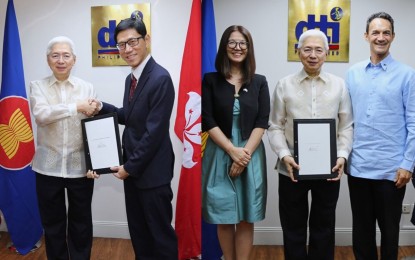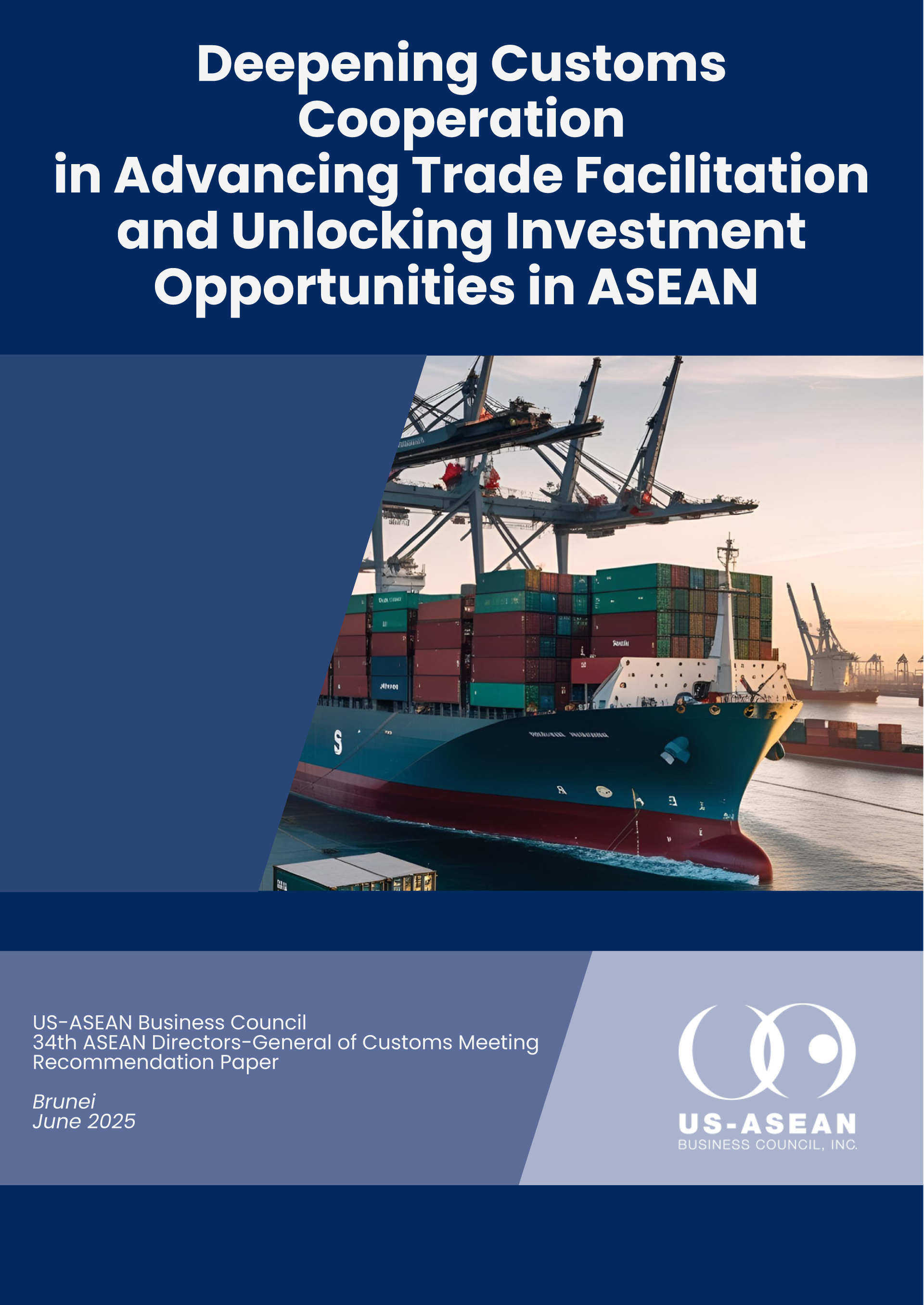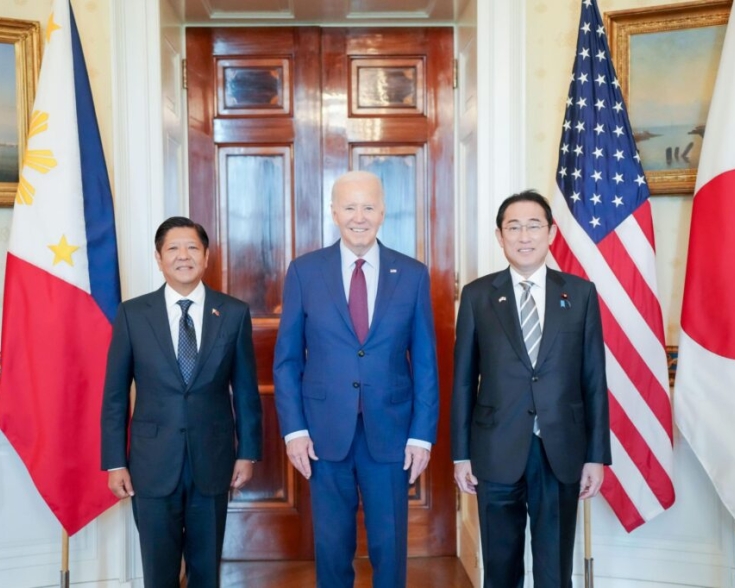The Philippines Agrees to Amendments Upgrading Two Major Free Trade Deals

On February 14, Trade and Industry Secretary Alfredo Pascual signed protocols agreeing to update two ASEAN free trade agreements, namely the second protocol of the ASEAN-Australia-New Zealand FTA (AANZFTA) and the first protocol of the ASEAN-Hong Kong FTA (AHKFTA).
As part of the AANZFTA upgrade, member states aim to include new chapters addressing government procurement, trade and sustainable development, and support for micro, small, and medium enterprises (MSMEs), aiming to respond to the needs of businesses, with the overarching goal of enhancing the efficiency of the FTA and reducing the related costs. Under the second protocol, 13 chapters including Rules of Origin, Customs Procedures and Trade Facilitation, Investment, Competition and Consumer Protection, and Electronic Commerce were upgraded. furthermore, new provisions have been introduced under the Chapter on Trade in Goods and Customs Procedure, which include facilitating trade of essential goods during humanitarian crises and tackling issues related to non-tariff measures. There are also provisions aimed at encouraging electronic payments within the region, introducing competition rules to reduce barriers, and implementing consumer protection measures to safeguard fair trade practices.
Similarly, the amendments to the AHKFTA signal the commitment to deepening economic integration and liberalizing trade between ASEAN and Hong Kong through improved market access. The amendments expand opportunities for Hong Kong businesses to receive broader preferential treatment by updating the Product Specific Rules (PSR) of origin, increasing its coverage from over 200 product categories to nearly 600. The specified products include for a range of manufacturing products, including food preparations, polystyrene, jewelry, woven fabrics, and denim, thereby subjecting traders to reduced tariffs.
The AANZFTA update will take effect 60 days from the ratification of Australia, New Zealand, and four ASEAN member states, while the amendments to the AHKFTA will take effect 60 days from the deposit of the Instrument of Ratification of the last party, with all parties required to ratify. The DTI aims to optimize the advantages of these two regional FTAs, especially for MSMEs. The signing of both protocols highlights the Philippines’ commitment to further strengthen regional trade and investment flows between ASEAN and its neighboring countries.









